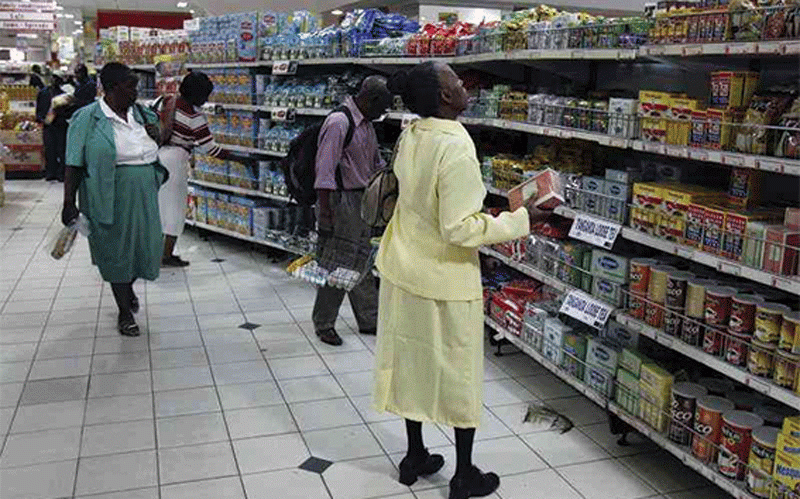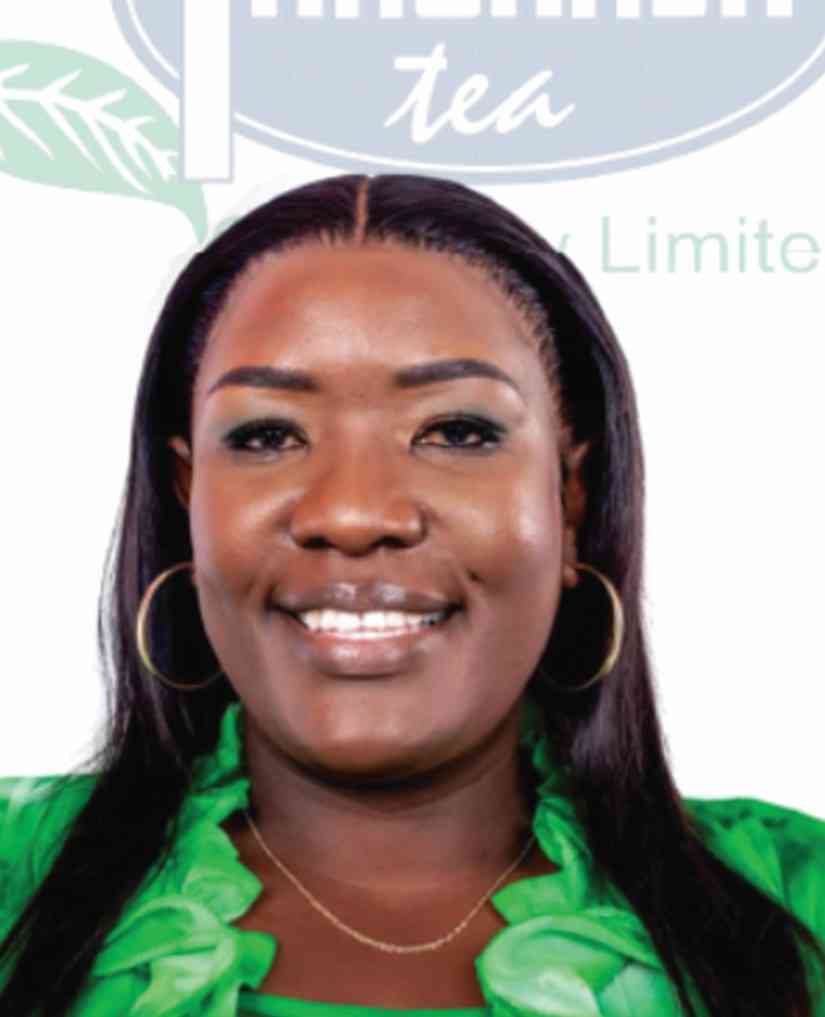
THE Consumer Protection Commission (CPC) is collaborating with law enforcement agencies and regulatory authorities to curb counterfeit products, resulting in 200 businesses having been so far found selling fake goods NewsDay Business has been told.
Recently, there has been a significant influx of counterfeit goods in the local market, affecting the country’s economy and health citizens.
In an interview, CPC research and public affairs manager Kudakwashe Mudereri said as a regulatory body, the CPC was working diligently to ensure consumer safety by collaborating with law enforcement.
“The CPC has noted with grave concern the proliferation of counterfeit products that have flooded our market, putting our consumers at risk as these items are not certified by any competent authority,” Mudereri said.
CPC is working alongside agencies such as the Zimbabwe Republic Police, Zimbabwe Revenue Authority, the Trade Measures Department, the Department of Food and Food Standards and the Medicine Control Authority of Zimbabwe to conduct sporadic crackdowns on counterfeit goods.
Mudereri said the CPC was also working with the Industry and Commerce ministry as well as the Department of Food and Food standards in the Health and Childcare ministry, targeting businesses selling counterfeit products.
“The exercise has so far netted over 200 businesses in just one week,” he said.
Mudereri revealed that those found selling substandard or fake products are awaiting their day in court and face possible fines of up to US$5 000 or a maximum of two years’ imprisonment under the Consumer Protection Act.
- Mavhunga puts DeMbare into Chibuku quarterfinals
- Bulls to charge into Zimbabwe gold stocks
- Ndiraya concerned as goals dry up
- Letters: How solar power is transforming African farms
Keep Reading
The products identified during the raids include toothpaste, peanut butter, polony, cooking oil, baked beans, heat rub, wine and cough syrup.
“Those businesses which were caught selling these counterfeit products have been prosecuted and some are yet to appear in court,” Mudereri said.
“Violators are being charged in line with Section 13 (4), where those who contravenes the provisions of the CPA by selling substandard/counterfeit products which cause health risks to consumers are liable to a fine not exceeding level 14 (a fine of US$5 000) or to imprisonment for a period not exceeding two years or to both such fine and such imprisonment.”
CPC was established through an Act of Parliament in 2019.











